Human Rights
The Islamic Republic Regime of Iran Needs To Be Held Accountable for Human Rights Violations Against the People of Iran
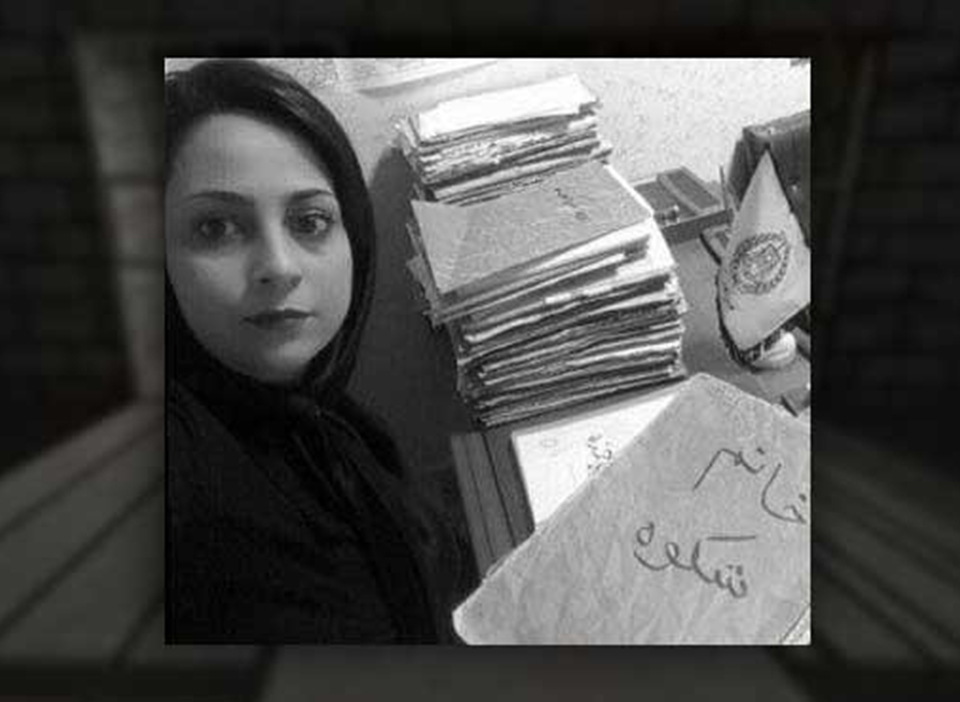
Women
In May 2020, human rights lawyer Soheila Hejab was violently taken to the notorious Qarchak Prison after an appeals court hearing. Agents of the Islamic Revolutionary Guards Corps (IRGC) brutalized and arrested her following her appeals court hearing. Reports indicate that the agents dragged her by her hair across asphalt and brutally beat her before taking her to Qarchak Prison in Varamin. Among the assailants was her former IRGC interrogator who has repeatedly threatened to have her killed by criminal inmates in prison. The agents of the Sarallah Base, which belongs to the Intelligence unit of the IRGC, punched and kicked Soheila in the head, face, and sides.
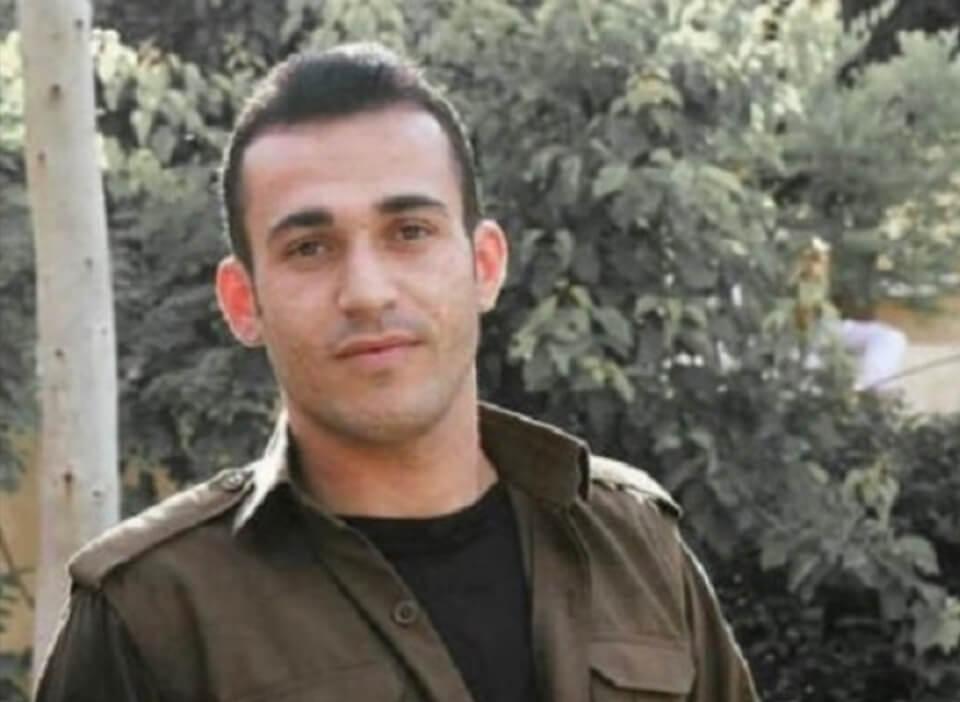
Ethnic Minorities
A 23 year old Kurdish man, Ramin Hossein Panahi, along with Zaniar Moradi and Loghman Moradi were executed in September 2018 for allegedly having ties to Kurdish opposition parties, after an unfair trial and amid serious allegations of torture.

LGBTQ+
Mohsen Lorestani, a Kurdish singer from Kermanshah, was charged with ‘corruption on earth’ stemming from conversations online in a private chat. Lorestani was convicted and sentenced to death. It is believed he was executed in December 2019. Iranian law allows for the execution of those accused of being gay, even if there is no evidence of their sexual activities.
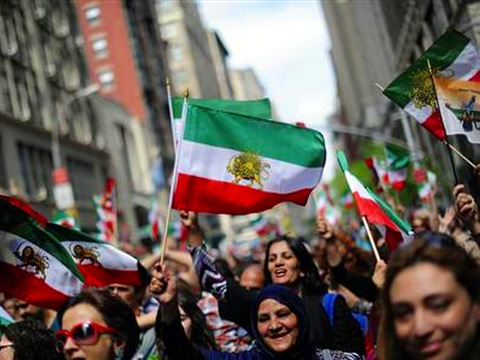
Religious Liberty
Freedom of Speech & the Press
Kylie Moore-Gilbert

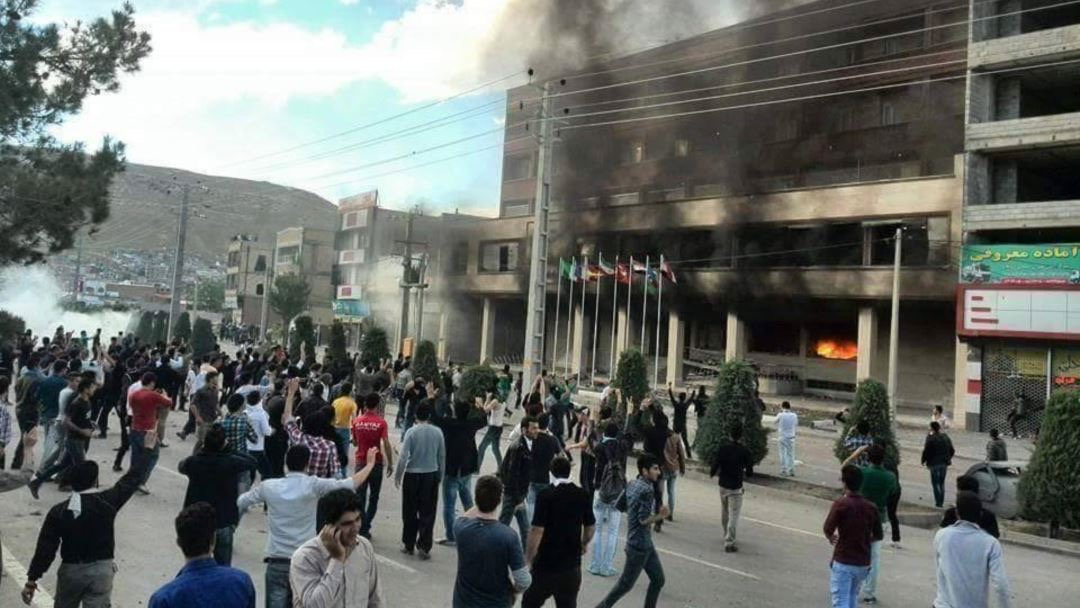
Ending the policy of appeasement of the totalitarian Islamic Republic regime
Ending the Support of Global Terrorism
The past policies of appeasement, such as the JCPOA, have only emboldened the Islamic Republic to increase its financing of terrorism in the Middle East. The Islamic Republic is squandering the national wealth and treasure of its citizens without their consent through far-fetched international adventures. The result is economic devastation for its citizens. Despite the assurances that were given at the time, the funding the Islamic Republic received under the JCPOA was used to finance international terrorism and military operations, resulting in the harm or death of many American service members in Iraq, Afghanistan, Syria, and terrorists attacks on Israel. It is our goal to stand up against politicians who advocate for and pursue policies of appeasement and naively sacrifice America’s national interest to cut a deal with dictators.
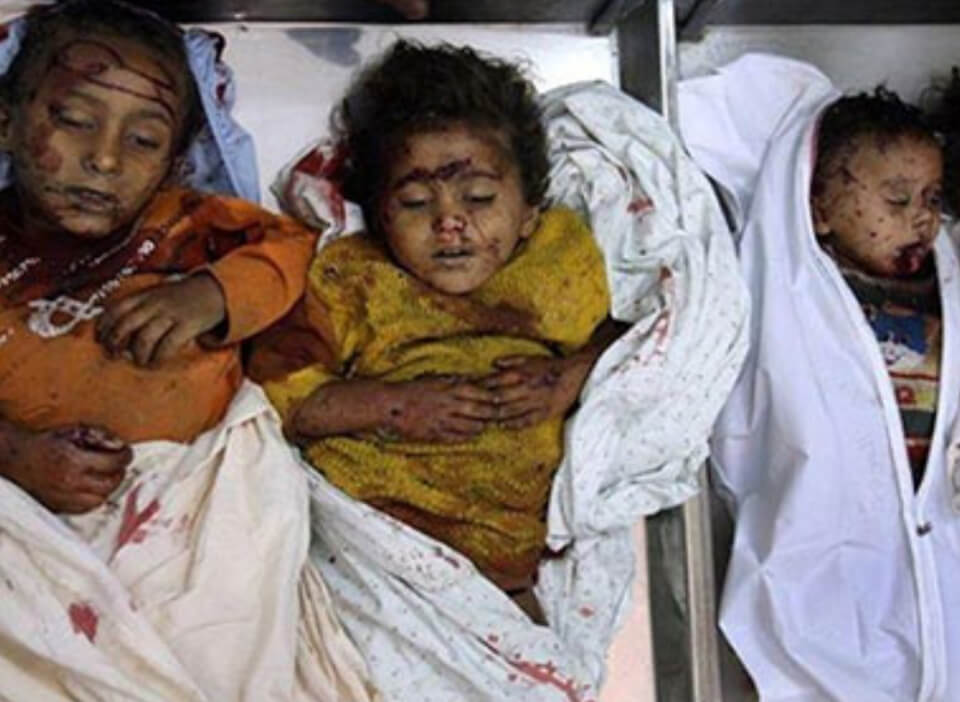
Children Killed in Yemen
The five-year-old Yemen war has long threatened to engulf the broader Middle East by deepening the fault line between Iran and its proxies. The regionalization of this conflict has plunged millions of Yemen’s most vulnerable into humanitarian despair, disrupt global oil production, threaten commercial trade through both the Persian Gulf and the Red Sea, provide more running room for ISIS and Al-Qaeda, and undermine Saudi Arabian stability. The Iranian-backed Houthi militia in Yemen ousted the internationally recognized government in 2014 and has since controlled its capital, Sanaa, and northwestern Yemen. As a result, Saudi Arabia intervened militarily in Yemen in March 2015. The Saudi kingdom has viewed its fight against the Houthis through the lens of its battle against Iranian influence in the region. Not surprisingly, the Houthis have expanded their arsenal and deepened their military capabilities since 2014 with substantial assistance from their Iranian sponsors. Today, the Houthis control substantial portions of Yemen’s population and economy. Iran’s Quds Force, formerly led by Gen. Soleimani, helped the Houthi militia develop wide-ranging military capabilities which have been used against strategic Saudi targets. The United Nations confirmed evidence of this support and has specifically accused Tehran of providing long-range missiles and drones to the rebels. With this assistance, the Houthis have taken their war to Saudi Arabia and its partners, at times in response to disproportionate Saudi strikes and civilian casualties. For instance, Houthi ballistic missiles have reached as far as Riyadh, Saudi Arabia’s capital. Houthi militias have also targeted various military and civilian infrastructure in Saudi Arabia, including oil tankers on the Red Sea, oil facilities in Riyadh and military bases in Khamis Mushayt. The rebels also have ratcheted up their attacks on Saudi critical infrastructure by targeting the Abha and Jizan airports. Houthi leadership has vowed to “stand by the Iranian people” as part of the “Axis of Resistance” led by Iran.
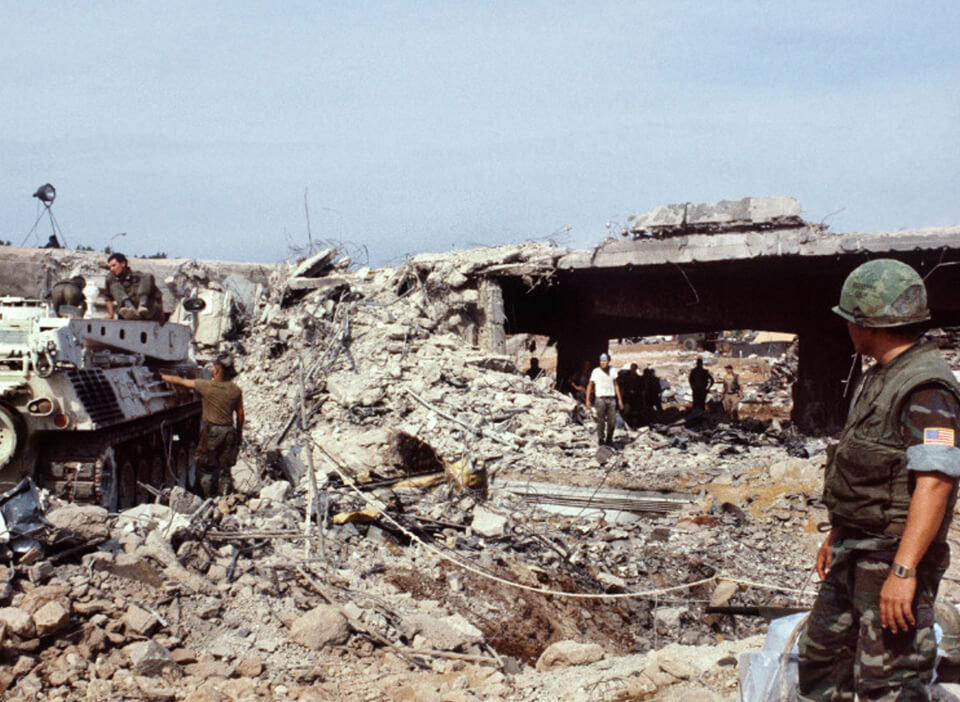
Beirut Marine Bombing
On October 23, 1983, 241 US service personnel -- including 220 Marines and 21 other service personnel were killed in a suicide attack by a truck bomb at a Marine compound in Beirut, Lebanon. Hezbollah, funded by the Islamic Republic regime of Iran, is long understood to have been responsible and emerged during the chaos of Lebanon’s civil war as an effective proxy of the Islamic Republic to exert it’s power amongst the varying factions, vying for power in Lebanon. The ground was fertile for Iran’s post-1979 revolutionary leaders to demonstrate that their example could be replicated in the Arab world, by exploiting long-standing grievances of Lebanon’s Shiite Muslim underclass.
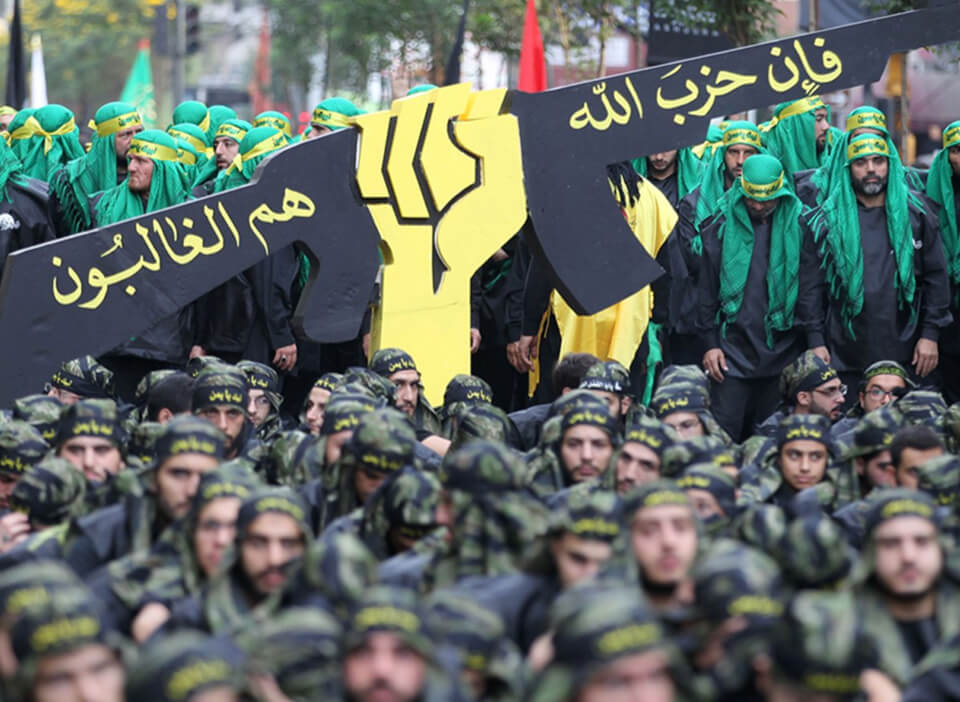
Hezbollah
Hezbollah serves as one of Iran’s most powerful surrogates and has mastered the art of using the global Lebanese diaspora for their own interests. The group has evolved from a Lebanese militia into a major player in the Lebanese government—despite being designated in 2018 as a “top transnational organized crime threat” by the US Attorney General.
2020 Goals
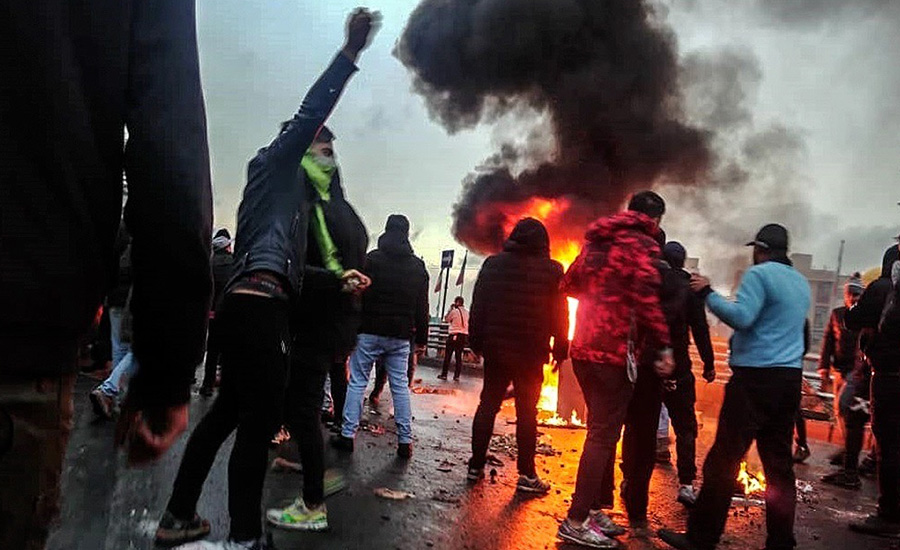
Iran-US Policy
Supporting Congressional candidates who have a comprehensive understanding of Iran-US Policy and are committed to ending the policy of appeasement towards the totalitarian Islamic Republic regime.
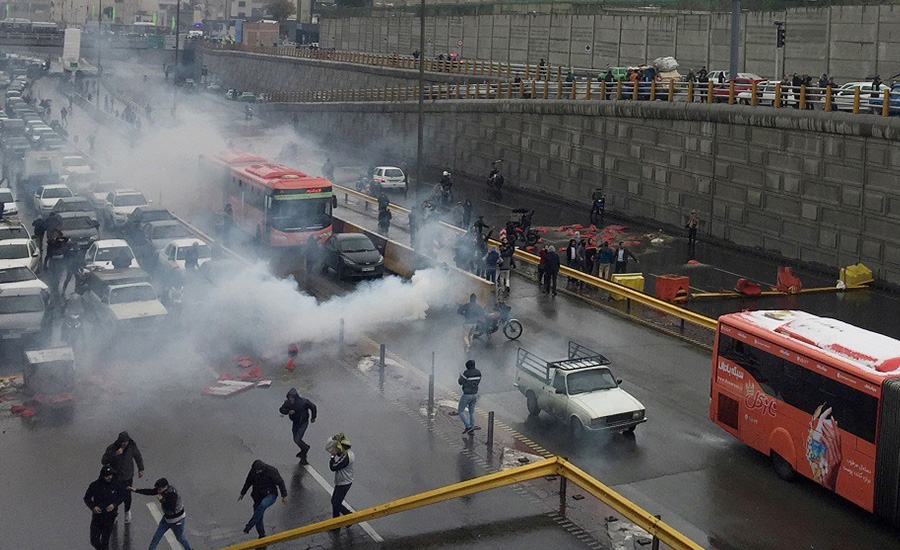
Travel restrictions
Advocating for the reform of the US Travel Restrictions on Iranian-Americans and Iranians traveling between the US and Iran. We propose a total travel ban to the United States for the regime affiliates and their family members, while ensuring that ordinary Iranians and Iranian Americans can comfortably travel between the two countries.
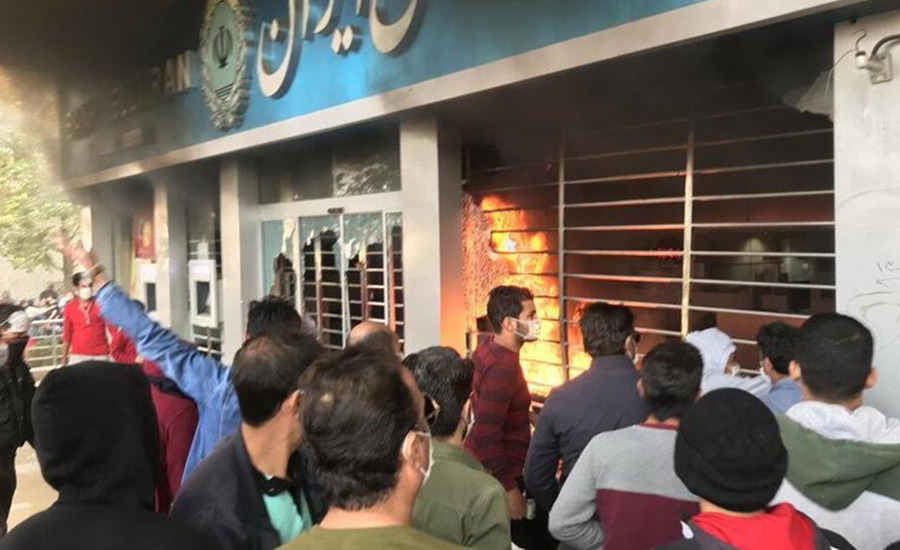
Citizen-Journalism in Iran
Supporting citizen-journalism in Iran through our US-based media platforms.





